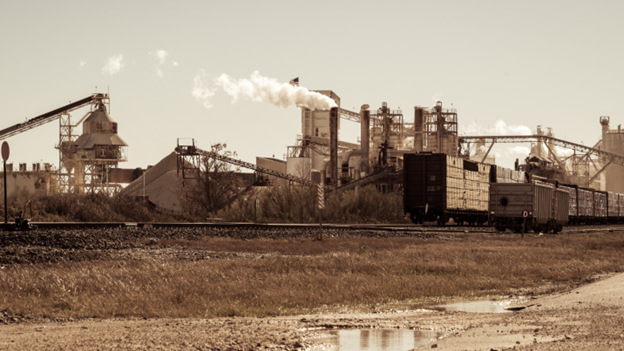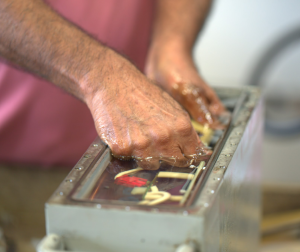
The COVID-19 pandemic has had a significant impact on the global economy, including the steel industry. While the industry initially faced challenges due to decreased demand and supply chain disruptions, there are signs that it may be benefiting from nationalization and reshoring efforts in the United States. Here are some key ways in which the steel industry in the U.S. is being impacted:
- Increased demand for domestic steel: In response to the pandemic, many countries have implemented restrictions on exports and have focused on producing goods domestically. This has created an opportunity for U.S. steel producers to supply the domestic market. As a result, demand for domestic steel has increased, and U.S. steel producers have been able to ramp up production.
- Nationalization efforts: In addition to increased demand for domestic steel, there has been a push for nationalization of critical industries, including the steel industry. The pandemic has highlighted the importance of having a reliable domestic supply chain for essential goods. Nationalization efforts could lead to increased investment in the U.S. steel industry and help to ensure a stable supply of steel for important industries, such as infrastructure and defense.
- Reshoring: The pandemic has also led to a resurgence of reshoring efforts, as companies look to reduce their reliance on global supply chains. This could benefit the U.S. steel industry, as companies may look to source their steel domestically rather than from overseas. Reshoring could also lead to increased investment in U.S. steel production facilities.
- Job creation: The increased demand for domestic steel and nationalization efforts could lead to job creation in the U.S. steel industry. This would not only benefit individuals and families but also local economies that rely on the steel industry for employment.
- Government support: The U.S. government has implemented policies to support the domestic steel industry. For example, the Buy American Act requires that federal agencies purchase American-made goods, including steel. In addition, the Trump administration implemented tariffs on steel imports from certain countries, which has helped to protect domestic producers. The Biden administration has indicated that it will continue to support the domestic steel industry through policies such as infrastructure investment.
Overall, while the pandemic initially had a negative impact on the steel industry, there are signs that it may be benefiting from nationalization and reshoring efforts in the U.S. The increased demand for domestic steel and government support could lead to job creation and increased investment in the industry.
